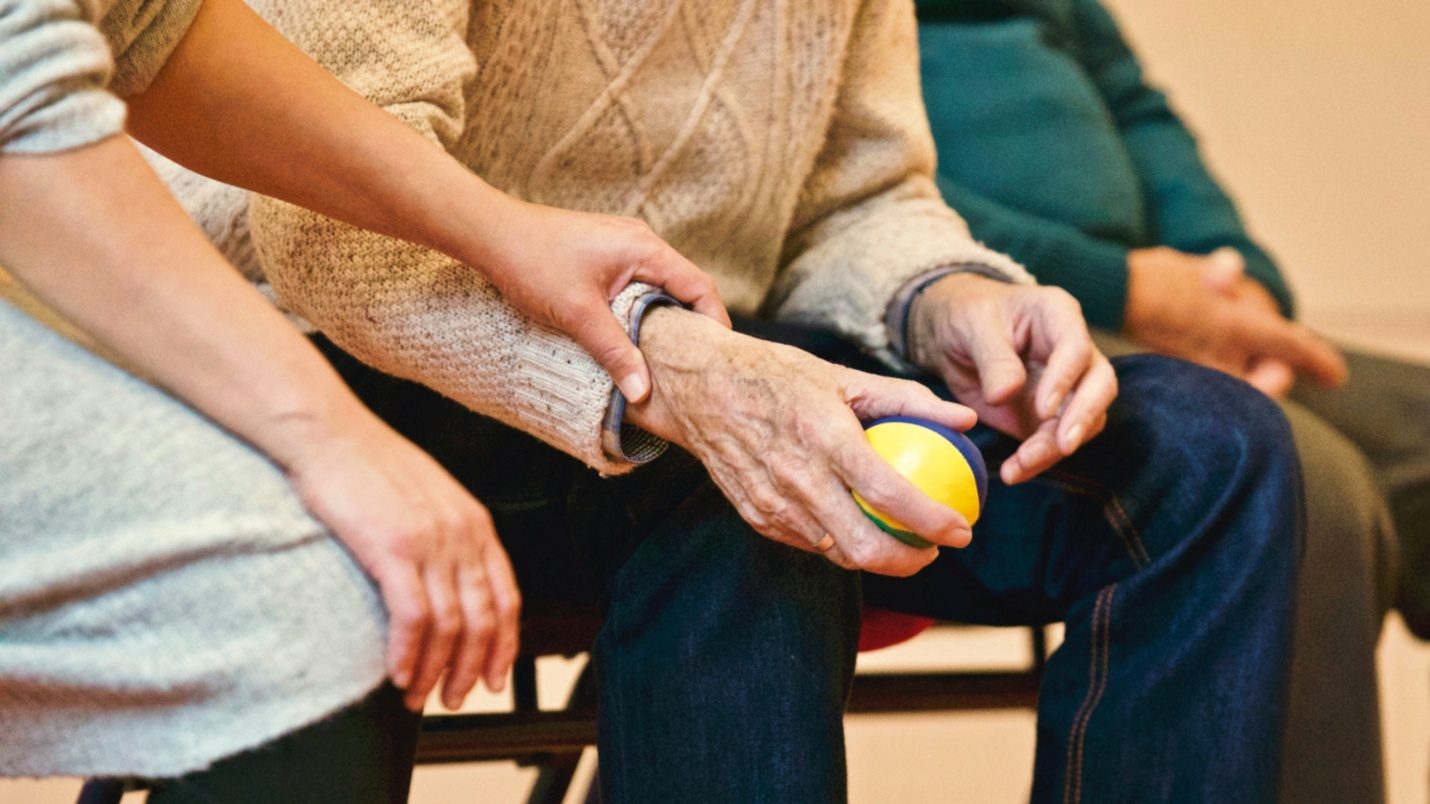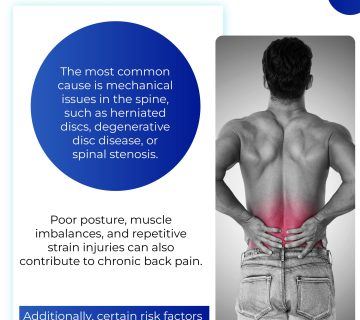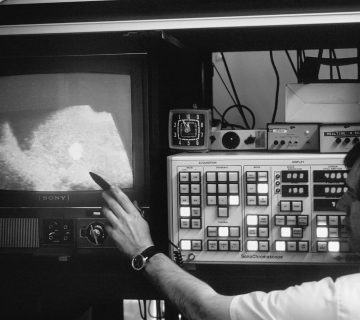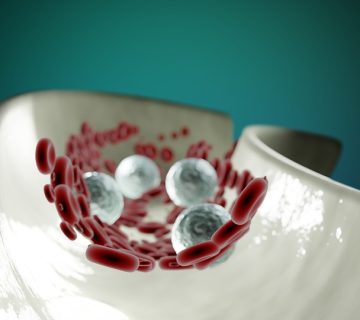If not treated promptly, poor blood circulation can lead to serious health conditions. However, with prompt diagnosis and treatment, it’s possible to improve your blood circulation and lead a healthier life.
Read more: What Causes Poor Blood Circulation and How Can It Be Treated?Let’s look at the causes and treatment for poor blood circulation.
What Causes Poor Blood Circulation?
Common causes of poor blood circulation include varicose veins, deep vein thrombosis, diabetes, and cardiovascular diseases. Here’s how:
- Varicose veins can make the blood flow in the wrong direction.
- Deep vein thrombosis causes blood clotting in your legs, significantly decreasing the blood flow.
- Diabetes can also cause damage to arteries due to high glucose levels in the bloodstream.
- Obesity increases fat levels in the bloodstream, which makes it harder for the heart to pump out oxygen-rich blood throughout your body efficiently.
- Smoking has been linked with an increased risk of cardiovascular diseases and other circulatory problems such as stroke, thrombosis, and pulmonary embolism.
- Cardiovascular diseases involve the heart or the arteries, which can restrict or impair the flow of oxygen-rich blood throughout the body.
Common Signs And Symptoms
Poor blood circulation can cause any of the following symptoms:
- Bulging veins
- Muscles that feel weak or hurt when you move your body
- Blue or pale skin
- Numb and cold fingertip
- Swelling
- Chest pain
- “Pin and needles” sensation on your skin
A vascular specialist may order any of the following tests to confirm the diagnosis:
- Blood tests
- Stress test
- Ankle-brachial index (ABI) test
- Segmental Doppler pressure testing
- Doppler ultrasound
- CT scan
- Angiography
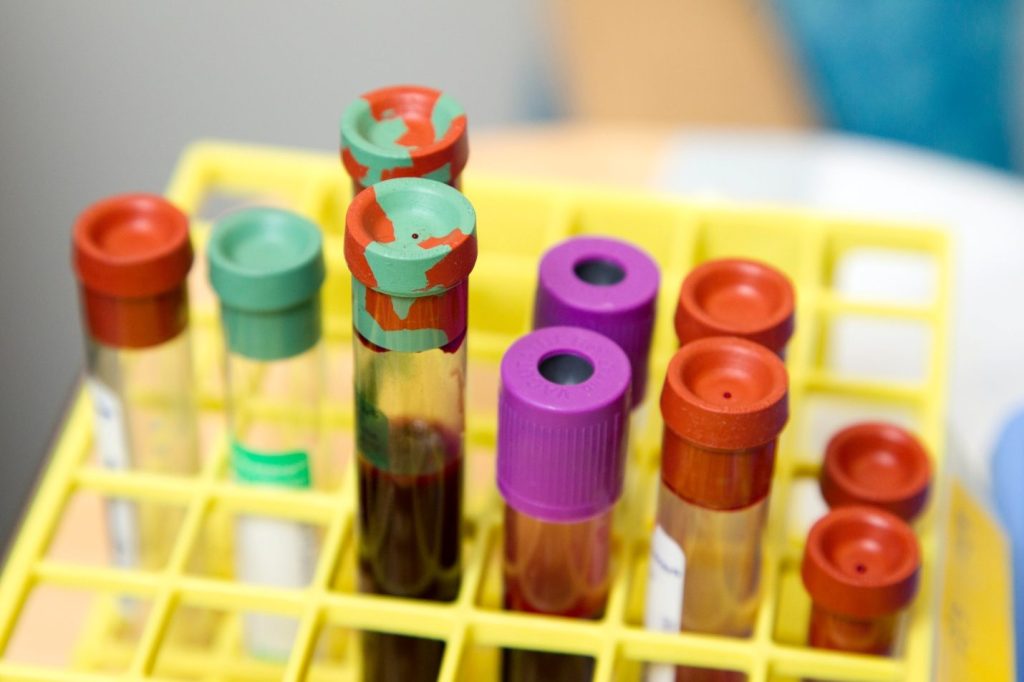
How Can Poor Blood Circulation Be Treated?
Fortunately, in most cases, poor blood circulation can be treated with lifestyle changes, such as eating nutritious foods with whole grains and plenty of fiber and maintaining a healthy weight. Exercise is also essential for improving blood circulation throughout your body because it helps you move more efficiently, leading to better oxygen distribution.
Additionally, quitting smoking is always a good idea if you’re at risk for developing health issues related to poor circulation. Consulting with a vascular specialist is always recommended if you suspect that you have poor blood circulation or any other underlying medical conditions that could be causing it. A doctor can run blood and urine tests and develop a plan tailored specifically to your individual needs so that you can achieve optimal health and circulation levels once again.
Visit A Vascular Specialist In Elgin
Our qualified doctors at RJIR Vascular & Oncology offer minimally invasive treatments for various conditions, including varicose veins, deep vein thrombosis, leg cramps, knee pain, enlarged prostate, and much more. We use digital imaging for guidance throughout all our procedures.
Schedule a consultation with us today.

